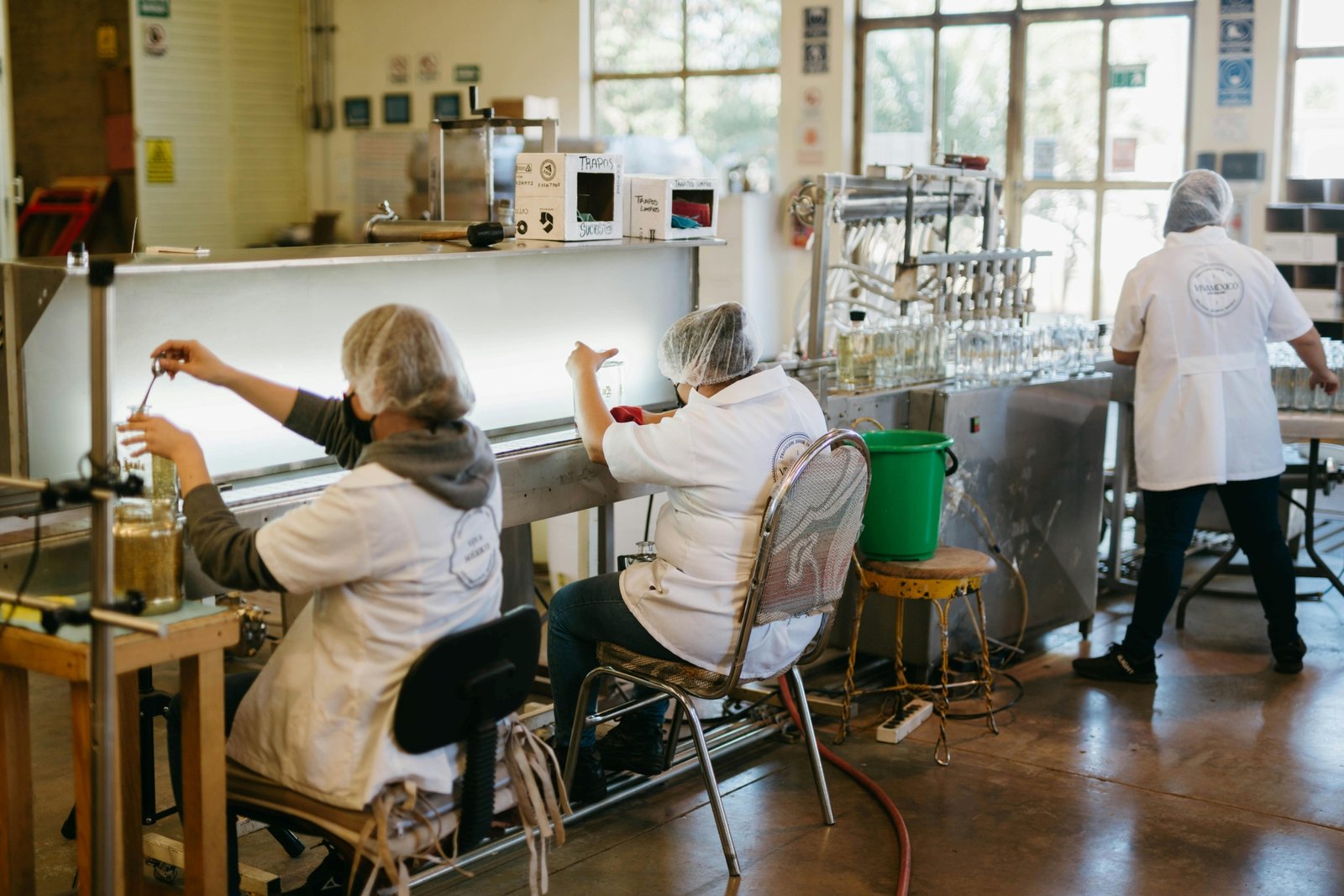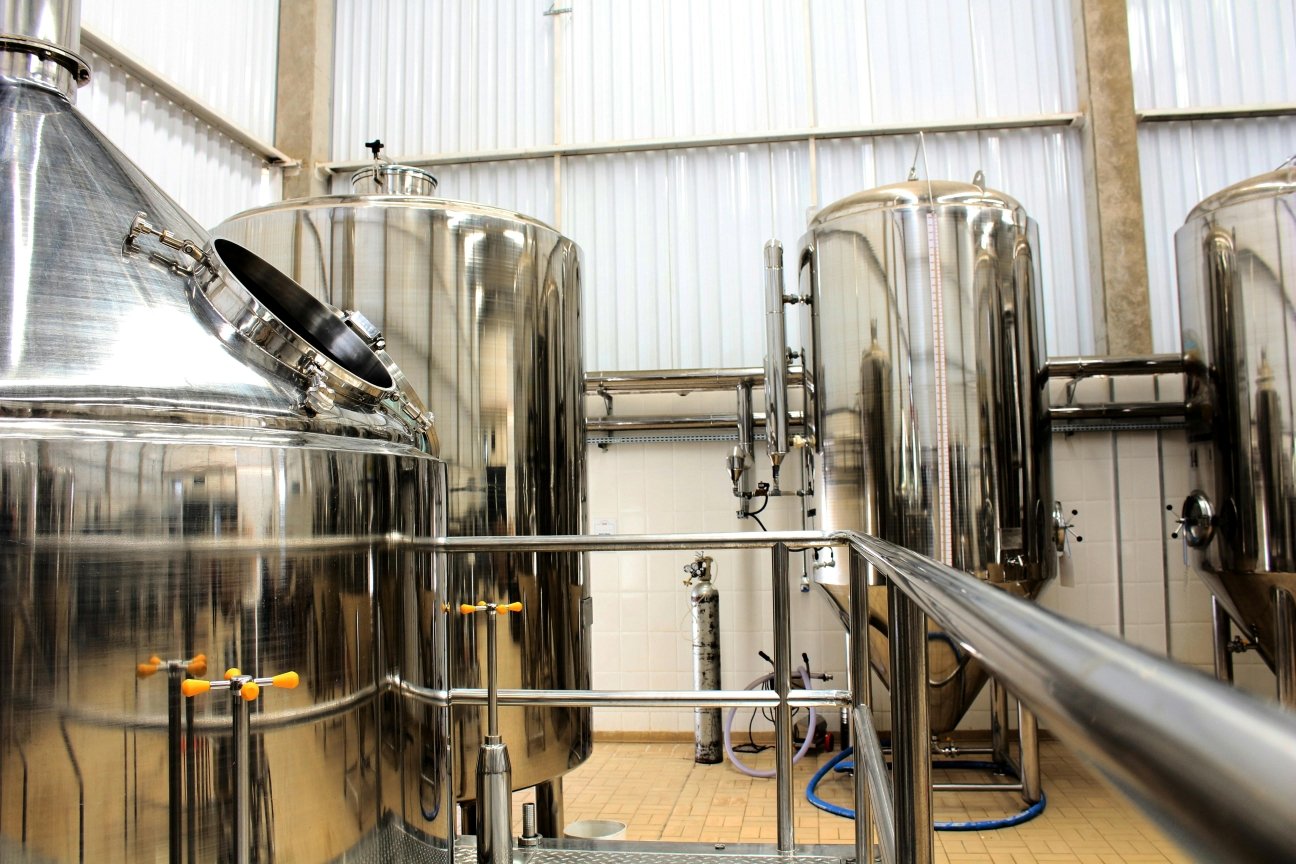Why Is GMP the Foundation of Every Food and Pharmaceutical Factory?
Whether you are producing packaged snacks or life-saving medicine, Good Manufacturing Practices (GMP) are the foundation of every operation. Without GMP, no factory can guarantee safety, quality, or regulatory compliance.
But why exactly is GMP so critical in food and pharmaceutical industries? Let’s break it down.

🏭 What Is GMP?
-
Good Manufacturing Practices (GMP) are globally recognized standards
-
Cover hygiene, equipment, processes, and documentation
-
Aim to ensure safe, consistent, and high-quality products
-
Enforced by regulatory bodies like FDA, WHO, EU regulators, and Malaysia MOH
-
Required for certifications and to access international markets
🔑 Why GMP Is the Foundation of Every Factory
-
Prevents contamination → reduces risks of foodborne illness or unsafe drugs
-
Ensures consistency → every batch matches safety and quality standards
-
Protects consumers → builds trust and prevents health hazards
-
Regulatory requirement → non-compliance can lead to fines or shutdowns
-
Supports certifications → forms the basis for HACCP, ISO 22000, FSSC 22000
-
Strengthens export potential → international buyers require GMP compliance
-
Safeguards reputation → one safety scandal can ruin a brand overnight
🥫 GMP in Food Factories
-
Controls raw material sourcing to ensure safe ingredients
-
Requires hygienic storage to prevent spoilage or pests
-
Standardizes production processes for consistent taste and safety
-
Sets cleaning and sanitation schedules
-
Trains staff in personal hygiene and handling practices
-
Minimizes risks of food recalls and customer complaints
💊 GMP in Pharmaceutical Factories
-
Ensures correct dosage and formulation in every batch
-
Controls sterilization processes to avoid contamination
-
Maintains strict environmental monitoring in cleanrooms
-
Requires detailed documentation for full traceability
-
Mandates employee training in handling sensitive materials
-
Critical for meeting WHO, EU, and FDA requirements
⚠️ What Happens Without GMP?
-
Unsafe food or medicine reaching the market
-
Product recalls that cost millions
-
Loss of certification → no exports, no sales to major retailers
-
Legal penalties or factory shutdowns
-
Permanent damage to brand reputation
🚀 Benefits of Strong GMP Compliance
-
Builds a foundation for advanced certifications like ISO 22000, FSSC 22000
-
Improves customer and investor confidence
-
Reduces waste, inefficiencies, and hidden costs
-
Enhances market competitiveness locally and globally
-
Ensures long-term sustainability of operations

✅ Final Takeaway
GMP is not just a regulatory requirement — it’s the DNA of every successful food and pharmaceutical factory. Without it, safety, quality, and customer trust collapse.
👉 Whether you run a small SME food factory or a pharmaceutical plant, making GMP the foundation of your operations is the smartest investment in compliance, safety, and global market access.


